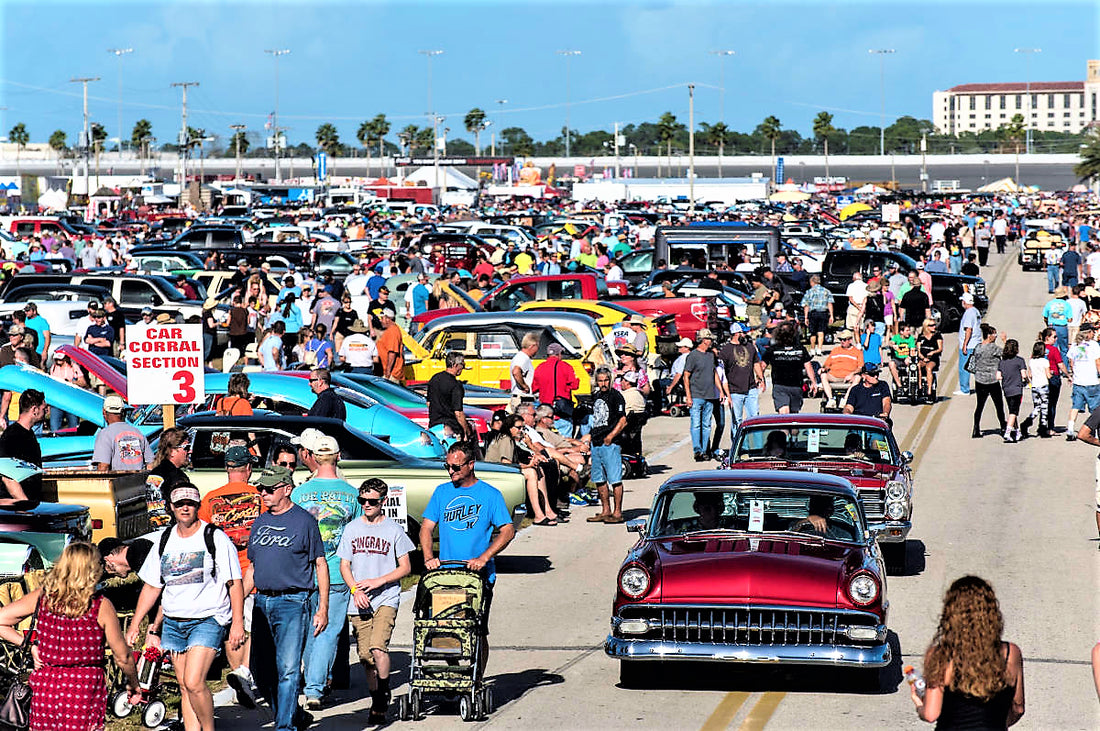
The Birth of American Car Culture: A Journey Through Time and Roads
shares
approx. 4 minutes. Reading time
The United States, the land of opportunity, is known not only for its love of freedom and diversity, but also for a culture firmly linked to four-wheeled transportation. The emergence of US car culture is a fascinating journey through history, freedom, progress and the love of the open road.
The pioneers
The roots of American car culture date back to the early days of the 20th century. Auto pioneers like Henry Ford revolutionized production methods, making automobiles more affordable. The mass production of the Ford Model T in the 1920s laid the foundation for a society that was mobile and independent.
Freedom on wheels
In the 1950s, car culture in the USA reached its peak. The economy was booming, and people felt free to travel the country's endless highways. The car became not only a means of transportation, but also an expression of freedom and prosperity. The idea of the “American Dream” was manifested on the streets as families explored the vast landscapes in their shiny limousines and convertibles.
The era of muscle cars
In the 1960s and 1970s, American car culture underwent a muscular revolution. The muscle car era dawned as manufacturers like Ford, Chevrolet and Dodge released powerful vehicles like the Ford Mustang, Chevrolet Camaro and Dodge Charger. These cars were not only fast, but also symbols of power and freedom.
The love of road trips
Americans' love of road trips is an integral part of car culture. The famous Route 66, stretching from Chicago to Santa Monica, has become the quintessential American road trip experience. The endless streets, motels and diners along the way became icons of a culture that valued travel and discovering new places.
The upheaval of the oil crisis
The US car culture was rocked by the oil crisis in the 1970s. High fuel prices and restrictions forced the automotive industry to change. Smaller, more fuel-efficient models became more important, and the focus shifted from high-performance muscle cars to more efficient vehicles.
The Technological Revolution
With the advent of the 21st century, car culture experienced a technological revolution. Electric cars, autonomous driving and advanced safety features shaped the modern era of US car culture. Companies like Tesla became pioneers of a new era in which sustainability and innovation went hand in hand.
Conclusion
The emergence of US car culture is a story of progress, freedom and the love of the road. From the pioneers of the automobile industry to today's modern technologies, the automobile has shaped American identity. Car culture remains not only a reflection of history, but also a living symbol of Americans' love of the open road and freedom on wheels.
